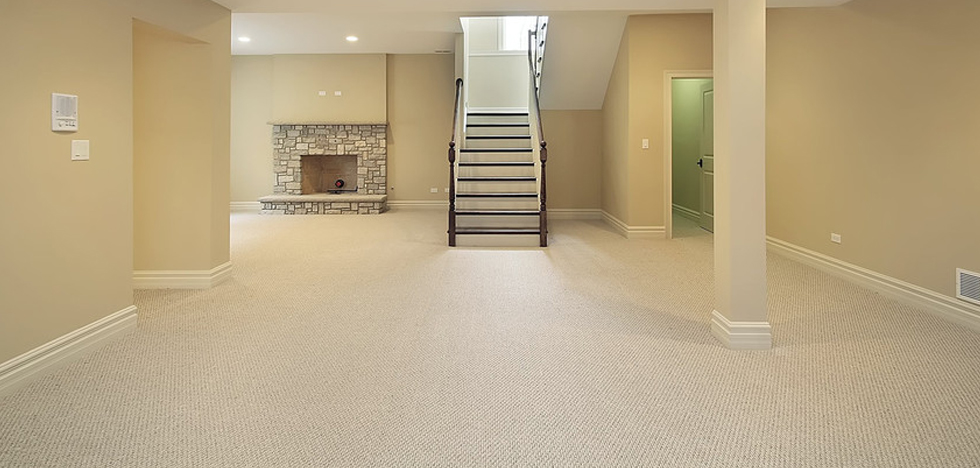There is a wide range of flooring products on the market catering for different needs and requirements. If you own a commercial property or business you will be looking for high-quality durable flooring which meets relevant health and safety requirements whilst, depending on its usage, maintaining some sort of aesthetic value. Here we explore some of the options and requirements for industrial flooring, comparing the advantages and disadvantages of different products on the market.
Paints
If you have a concrete or wooden floor, one of the easiest ways of making it look smart and clean is to use floor paint. This protects the floor itself and provides a sealed surface that is easy to sweep and mop down after a hard day’s work. Leaving the floor concrete or wooden makes it susceptible to damage and it will accumulate dust and stains over time. Different types of floor paint may be used for different purposes. You can find a range of anti-slip and anti-static paints for both indoor and outdoor use that can prevent accidents happening in the workplace. Furthermore, different coloured paints can be used to mark out different areas in an industrial workspace. These ideally should be bright, clean colours that contrast with the materials used in the workspace. Line-marking paints can be used to mark out different areas of a workshop and define areas such as hazardous zones.
Tiling
Tiling is a quick and efficient way of covering a floor and can provide a soft rubber surface that has both anti-slip and anti-static properties. They also reduce the noise levels in large spacious buildings and reduce fatigue levels for workers who would be otherwise walking on hard surfaces all day. One of the huge advantages of tiling is that it does not permanently affect the floor below and can therefore be used for either permanent or temporary work. Using a series of interlocking tiles, modern tiling is incredibly easy to install and it can be laid down in isolated areas whilst the rest of the workshop or industrial space remains in use. Tiles are available in a range of styles and colours to suit different industrial spaces.
Matting
In large industrial spaces such as warehouses or factories, it may not be entirely necessary to cover an entire floor space with non-slip tiling. For example, on a factory floor, machinery (especially moveable machinery) such as a fork lift truck, does not need to move around on tiling. However, there may be an area that the workers walk down regularly that needs to be anti-slip or anti-static. A range of different matting products can be found for both permanent and non-permanent solutions in areas which need only partial flooring. This is also a cheaper and easier way of covering floor space than covering it entirely with paint or tiling.



